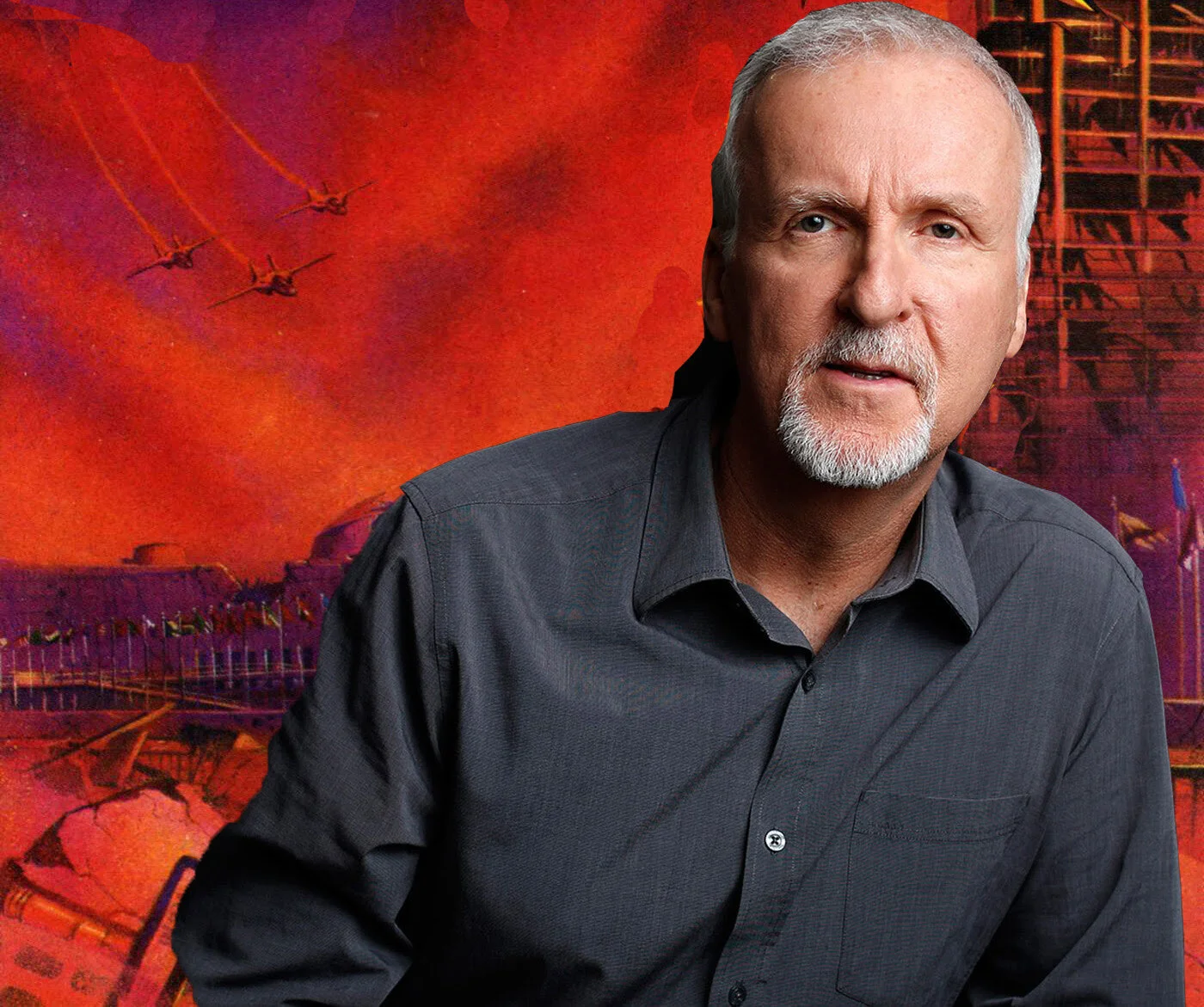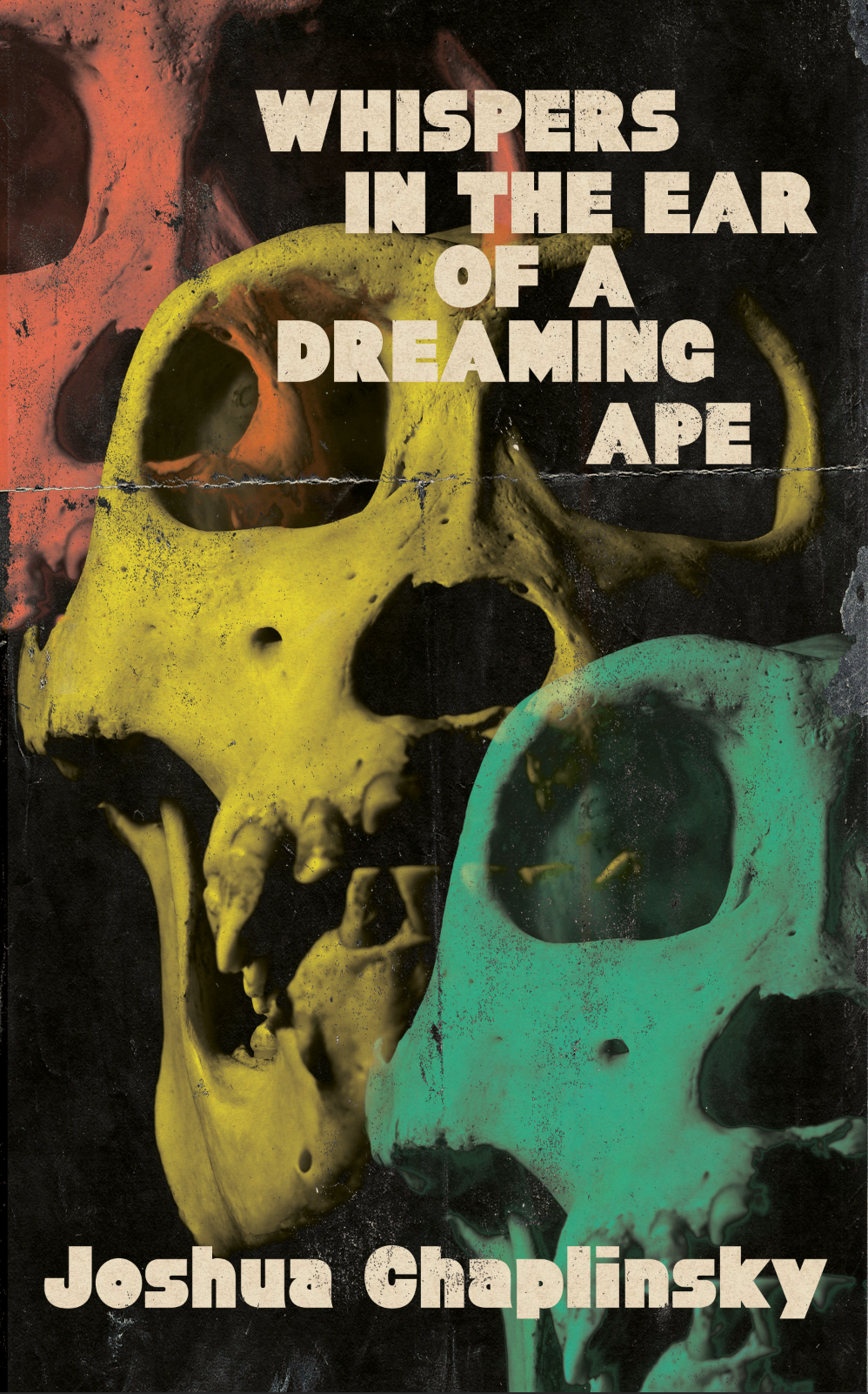Book Review : Joshua Chaplinsky - The Paradox Twins (2021)
* Follow me on: Facebook - Twitter - Instagram *
One of the weirdest moments everyone will have to face in their lifetime is the death of a close relative. Someone really close, like a parent of a sibling. Because life is irremediably different after and you might find out that whatever life you lead prior was controlled by important factors you didn’t know about. In his first full length novel The Paradox Twins, author Joshua Chaplinsky harvested this inherent weirdness and cranked it up to eleven for our reading pleasure.
The Paradox Twins tells the story of Max and Albert Langley, the twin sons of famous physicist Paul Langley who reunite after their father’s death. One is a science teacher. The other is the successful author of science based YA novels. One important detail: they no longer look like one another. Shaken by their old man’s death, the twins will uncover some long buried family secrets with the help of their young neighbor Millicent. For better or worse.
Weird metafiction
The best way I can describe The Paradox Twins’ genre is that it is weird metafiction. Weird fiction is kind of an umbrella term for horror that doesn’t feature typical monsters. Sometimes it doesn’t feature any proper monster at all. Metafiction is the implementation of a story within a story, which is meant to remind you of the fictional nature of what you’re reading. In The Paradox Twins, Joshua Chaplinsky blends both concepts in a way I didn’t know was possible.
There are four narrators in The Paradox Twins: Max, Albert, Millicent and Chaplinsky himself, who acts as a conspiracy theorist who’s trying to put the Langley twins’ story together on his website. The particularity of this approach is that Max’s recollection of a screenplay called Breakfast with the Monolith, which fictionalizes the events by taking surreal creative liberties and that Albert’s account features a sleep paralysis spaceman monster.
It might seem straightforward when explained like this, but it takes maybe a hundred pages before it gets really difficult to differentiate reality and fiction. Because three of the four accounts are “factual”, whenever you slip back into Breakfast with the Monolith, weird, surreal space shit hits you in the teeth and infects every other part of The Paradox Twins in the best possible way. It’s technically not a supernatural novel, but it tricks your brain into thinking so.
The known and the unknown
If you’re old enough to remember, The Paradox Twins feels a tiny bit like an old X-Files episode or a low budget science-fiction film like The Astronaut’s Wife. What it does is that it builds a bridge between the known (science, family, bricks-and-mortar neighborhood life) and the greater unknown (space, DNA, the human mind) through the brothers’ journey into their father’s secrets. It also highlights the close, often intimate relationship between both.
Sure, it can get a little heavy and theoretical at times. The characters can feel like a conduit for Chaplinsky’s ideas at times, but it’s brilliantly done nonetheless. Our brains are wired in a way to ignore the inexplicable of in our daily lives and a novel like The Paradox Twins is a pleasant reminder of how sometimes the most mundane aspects of our lives can become the most unsettling given the right (or the wrong) circumstances. We’re never really in control.
*
I liked The Paradox Twins. It was more of a cerebral workout than an emotional experience per se, but it played with my mind hard enough to provide me proper intellectual entertainment and in the end, it’s the only thing you can fairly ask to a novel. If you’re looking for a precise thing to read, this probably won’t fit into your wheelhouse. But if you get bored of your own tastes (which happens to the best of us, give this bad boy a try to change the pace.
You can pre-order The Paradox Twins here.
7.5/10






